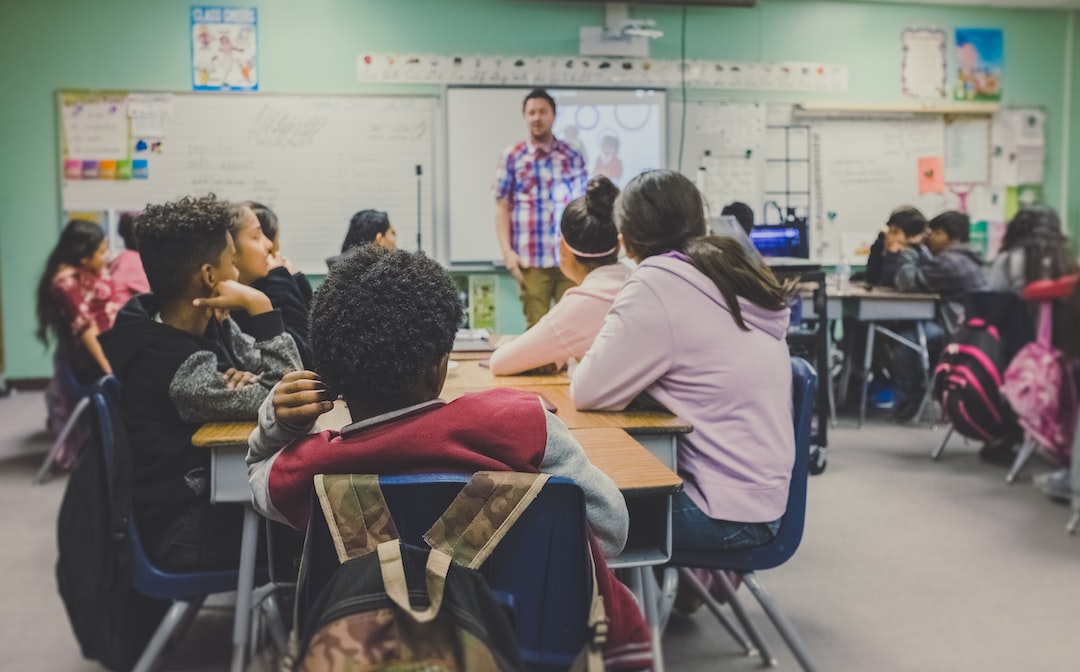Social media has been a game-changer in the world of communication and information-sharing. With platforms like Facebook, Instagram, Twitter, and Snapchat, people are able to connect with one another from across the globe in real-time. However, the impact of social media on students’ academic achievements has always been a topic of debate.
Undoubtedly, social media has had a profound influence on the way students interact with each other and has also had the potential to positively affect the learning experience. Nonetheless, the effects of social media on student learning are not entirely positive or negative; it depends on how students use it.
One of the primary benefits that social media brings to the table is that it has enabled students to communicate and collaborate more effectively. With the use of chat groups, students can share notes, work on projects, and prepare for exams. In addition, social media platforms provide access to valuable academic resources, such as online journals, textbooks, and even tutors. This means that students can quickly and efficiently gain help and information without leaving their homes.
Furthermore, social media has also made it easier for students to organize their studies. With the use of scheduling apps, they can plan their coursework, assignments, and revision more effectively. In addition, social media platforms provide students with a variety of tools to help them study more productively. Examples of these are flashcards, online quizzes, and virtual study groups.
However, the downside of social media is its ability to be addictive, and there is a growing concern that it distracts students from their studies. Research indicates that social media use can lead to lower levels of academic achievement, as students waste valuable time scrolling through social media feeds, searching for likes, comments, and followers.
Moreover, social media can also lead to a decrease in the student’s ability to focus. Frequent interruptions from social media notifications can make it difficult for students to concentrate on their coursework. Additionally, students who spend too much time on social media can suffer from high levels of stress, depression, and loneliness, which can impact their studies negatively.
Social media usage can also lead to a decrease in critical thinking skills. With social media, students can quickly access a wealth of information through newsfeeds, which can be overwhelming and confusing. As a result, students may have a difficult time discerning significant information from non-significant ones. It is also essential to mention that social media amplifies the spread of fake news, further undermining the trustworthiness of the information available.
In conclusion, social media can have both positive and negative effects on student learning. While platforms like Facebook and Twitter can help students communicate and collaborate, access valuable resources and organize their studies, they can also lead to distractions, decrease in focus and critical thinking skills, and contribute to negative emotional states. The best way for students to gain the benefits of social media while avoiding its pitfalls is to use it in moderation and be mindful of how they spend their time online.


